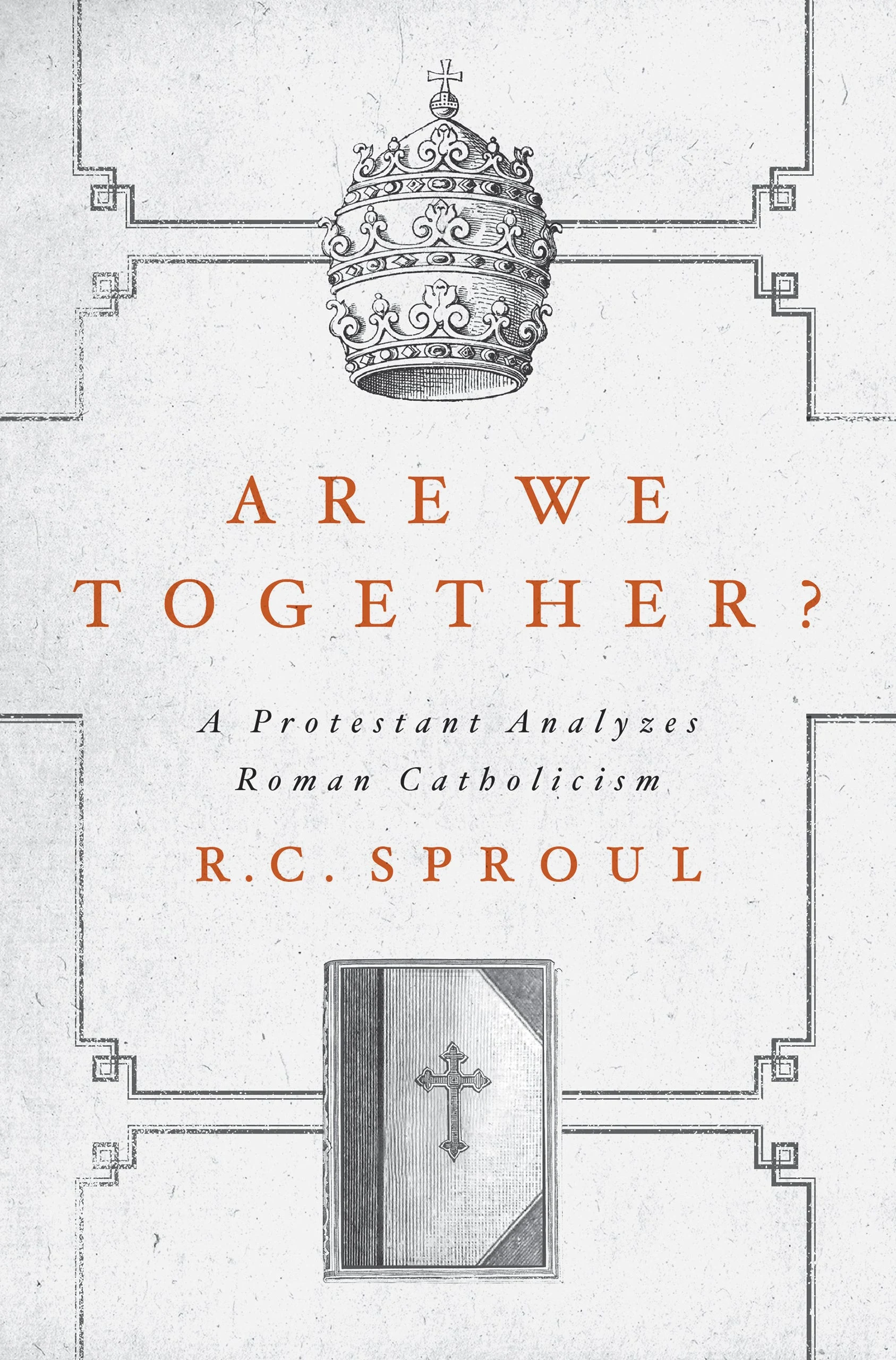What Does the Roman Catholic Church Believe About Justification?

The gospel of Jesus Christ is always at risk of distortion. It became distorted in the centuries leading up to the Protestant Reformation of the sixteenth century. It became distorted at innumerable other points of church history, and it is often distorted today. This is why Martin Luther said the gospel must be defended in every generation. It is the center point of attack by the forces of evil. They know that if they can get rid of the gospel, they can get rid of Christianity.
There are two sides to the gospel, the good news of the New Testament: an objective side and a subjective side. The objective content of the gospel is the person and work of Jesus—who He is and what He accomplished in His life. The subjective side is the question of how the benefits of Christ’s work are appropriated to the believer. There the doctrine of justification comes to the fore.
Many issues were involved in the Reformation, but the core matter, the material issue of the Reformation, was the gospel, especially the doctrine of justification. There was no great disagreement between the Roman Catholic Church authorities and the Protestant Reformers about the objective side. All the parties agreed that Jesus was divine, the Son of God and of the Virgin Mary, and that He lived a life of perfect obedience, died on the cross in an atoning death, and was raised from the grave. The battle was over the second part of the gospel, the subjective side, the question of how the benefits of Christ are applied to the believer.
The Reformers believed and taught that we are justified by faith alone. Faith, they said, is the sole instrumental cause for our justification. By this they meant that we receive all the benefits of Jesus’ work through putting our trust in Him alone.
We receive all the benefits of Jesus’ work through putting our trust in Him alone.
The Roman communion also taught that faith is a necessary condition for salvation. At the seminal Council of Trent (1545–1563), which formulated Rome’s response to the Reformation, the Roman Catholic authorities declared that faith affords three things: the initium, the fundamentum, and the radix. That is, faith is the beginning of justification, the foundation for justification, and the root of justification. But Rome held that a person can have true faith and still not be justified, because there was much more to the Roman system.
In reality, the Roman view of the gospel, as expressed at Trent, was that justification is accomplished through the sacraments. Initially, the recipient must accept and cooperate in baptism, by which he receives justifying grace. He retains that grace until he commits a mortal sin. Mortal sin is called “mortal” because it kills the grace of justification. The sinner then must be justified a second time. That happens through the sacrament of penance, which the Council of Trent defined as “a second plank” of justification for those who have made shipwreck of their souls.
The fundamental difference was this. Trent said that God does not justify anyone until real righteousness inheres within the person. In other words, God does not declare a person righteous unless he or she is righteous. So, according to Roman Catholic doctrine, justification depends on a person’s sanctification. By contrast, the Reformers said justification is based on the imputation of the righteousness of Jesus. The only ground by which a person can be saved is Jesus’ righteousness, which is reckoned to him when he believes.
There were radically different views of salvation. They could not be reconciled. One of them was the gospel. One of them was not. Thus, what was at stake in the Reformation was the gospel of Jesus Christ. Though the Council of Trent made many fine affirmations of traditional truths of the Christian faith, it declared justification by faith alone to be anathema, ignoring many plain teachings of Scripture, such as Romans 3:28: “For we hold that one is justified by faith apart from works of the law.”


